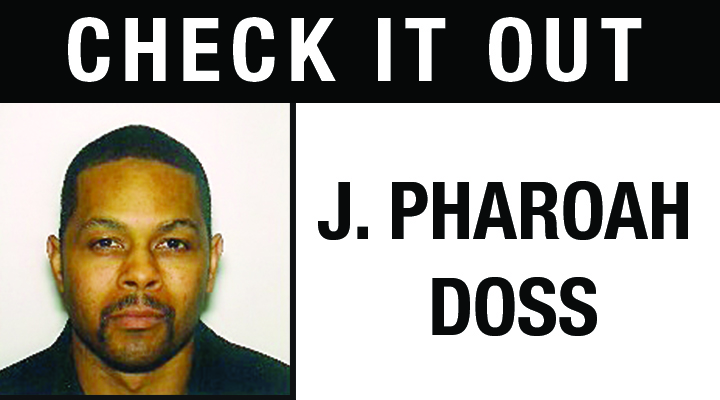by J. Pharoah Doss, For New Pittsburgh Courier
Last week, I mentioned a press conference in 1988 when Rev. Jesse Jackson stated “Black” no longer describes “our” situation in America.
What did he mean?
I explained the historical identity-Negro-was imposed by White supremacy. The term was synonymous with second-class citizenship and inferiority. This led to double-consciousness, the notion it was impossible to be both a Negro and an American, which produced an inferiority complex that ingrained a negative self-image inside the Negro population.
During the 1960s, “Negro” was abandoned for the term “Black”. Black communities promoted “Black pride”. However, dropping the Spanish word for Black to embrace its English counterpart didn’t change the fact that it was a term of White supremacy. “Black pride” may have eliminated the inferiority complex, but it didn’t solve the problem of double-consciousness.
When Jackson said “Black no longer describes our situation in America”, he meant that after the victories of the Civil Rights Movement, Black people were no longer second-class citizens. Jackson announced Black Americans should drop the adjective “Black”, replace it with “African”, and officially be known as African Americans. The term was meant to destroy double-consciousness and describe a home-grown ethnicity that descended from Africa and was fully American.
In the 1990s, the same self-determining spirit decided that labeling an ethnic group as a “minority” was unacceptable. Obviously, a minority was less than the majority, but it established a hierarchy with Whites at the top and racial minorities at the bottom. This terminology implied that social problems were minor if they affected minorities, but major if they affected the majority. To flatten the hierarchy, the term “minority” was replaced with “people of color” or POC.
Suddenly, in the 21st century, the term African American fell out of favor.

Many prominent Black people told the media the term “Black” better-described immigrants from Africa, while others preferred the term “Black” because they weren’t from the continent. There’s a consensus among linguists that changes in terminology have long been a tool in shaping social perceptions of identity, and linguist John McWhorter even stated it’s time to let go of the term “African American” and go back to “Black”.
But two different concepts of “Black identity” came out of the twentieth century.
“Black” can designate membership to an ethnic group in a multicultural society, or “Black” is an oppressed racial identity in a society where White supremacy is the norm. If “African American”, the term that destroyed double-consciousness, is “let go” to go back to “Black”, which concept of “Black” is returning?
Hues, a quarterly magazine featuring diverse authors, revealed part of the answer in a headline that demanded its readers to Stop Saying Minority & POC. Switch to BIPOC. The magazine explained BIPOC is a new term that stands for “Black, Indigenous, and People of Color.” It’s a replacement for the antiquated term “minorities” and a more specific form of the acronym POC.
Obviously, the next question is, why were “Black” and “indigenous” singled out and separated from all the other people of color? Hues said the purpose was to empower racial and ethnic groups rather than marginalize them. That leads to another question: how are Blacks and indigenous people marginalized from other people of color?
A lot of POCs like Nigerians, Indians, Filipinos, and Lebanese are more affluent than White Americans. The success of these specific groups indicates that America is a multicultural society that has progressed beyond its prejudiced past, but these success stories conflict with the worldview that America is an oppressive, White supremacist society. For holders of the oppressor/oppressed worldview, the oppressed status of Black America becomes invisible when incorporated with affluent people of color.
Therefore, the term POC erases “Black suffering”.
The academics and activists that championed the change from POC to BIPOC stated the point was to “emphasize the severity of racial injustice on Black and indigenous people.”
In 1988 Rev. Jackson was right when he argued that “Black” didn’t describe “our” situation in America, and the B in BIPOC doesn’t describe our position in the 21st century either.